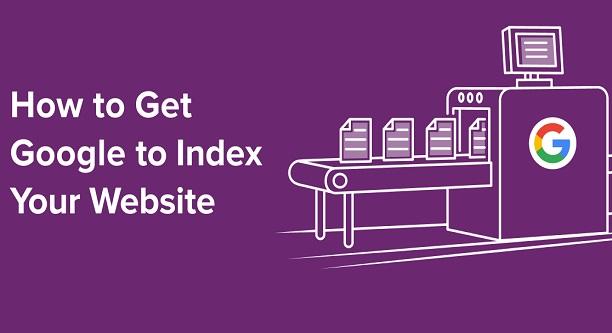
- How can I index my website in Google?
- How can I improve Google indexing?
- What is indexing in Google search engine?
- How is a website indexed by a search engine?
When it comes to running a website, getting your content indexed by Google is essential for attracting traffic and building your online presence. Without proper indexing, your website won’t show up in Google search results, making it difficult for potential visitors to find your content.
Here are nine easy and effective ways to index your website on Google search engine:
-
Create a Sitemap
A sitemap is a file that lists all the pages on your website. It helps search engines understand the structure of your site and find all the pages you want indexed. There are many tools available online that can help you create a sitemap, or you can create one manually.
-
Submit Your Site to Google
Once you have created your sitemap, you can submit it to Google through the Google Search Console. This will ensure that Google knows about your website and can start crawling it.
-
Use Google Search Console
Google Search Console is a free tool that allows you to monitor and maintain your website’s presence in Google search results. It can help you identify issues that may be preventing your website from being indexed, and it also provides insights into how your site is performing in search results.
-
Optimize Your Content
Optimizing your content for search engines is one of the most important steps you can take to ensure your website is indexed. This includes using relevant keywords in your content, creating high-quality and informative content, and using proper formatting.
-
Build Backlinks
Backlinks are links from other websites that point to your site. They are an important factor in determining your website’s authority and can help improve your search engine rankings. You can build backlinks by creating high-quality content that other websites will want to link to, or by reaching out to other website owners and asking them to link to your site.
-
Use Social Media
Social media can be a powerful tool for getting your website indexed. By sharing your content on social media, you can attract more visitors to your site and improve your website’s visibility in search results.
-
Use Internal Linking
Internal linking is the practice of linking to other pages on your website. It helps search engines understand the structure of your site and can also help visitors navigate your site more easily. When creating internal links, be sure to use relevant anchor text and link to pages that are related to the content on the page.
-
Use Header Tags
Header tags (H1, H2, H3, etc.) are used to organize content on a page and make it more readable for visitors. They also help search engines understand the structure of your site and can improve your website’s visibility in search results.
-
Monitor Your Analytics
Monitoring your website’s analytics can help you identify issues that may be preventing your site from being indexed. It can also provide insights into how visitors are finding and interacting with your site, allowing you to make improvements to your content and marketing strategies.
Conclusion
Getting your website indexed by Google is essential for attracting traffic and building your online presence. By following these nine easy and effective steps, you can ensure that your website is properly indexed and visible in search results. Remember to create a sitemap, submit your site to Google, use Google Search Console, optimize your content, build backlinks, use social media, use internal linking, use header tags, and monitor your analytics. With a little effort and attention to detail, you can improve your website’s visibility and attract more visitors to your site.




